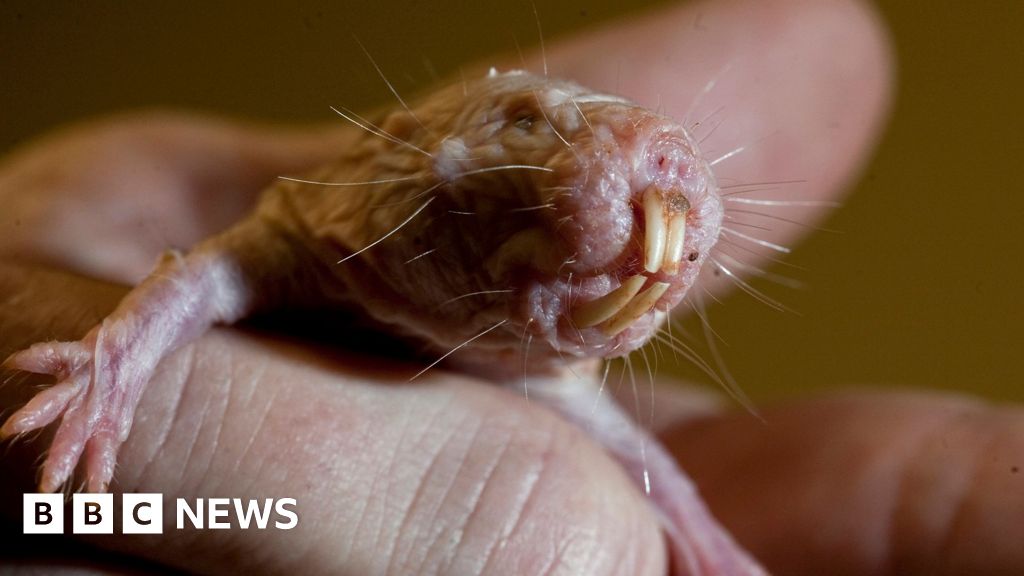The UN World Food Programme (WFP) warned on Friday that millions in Somalia are at risk of worsening hunger and malnutrition as critical funding shortfalls force the agency to cut back on life-saving emergency food assistance.
“We are seeing a dangerous rise in emergency levels of hunger, and our ability to respond is shrinking by the day,” said Ross Smith, WFP director of emergencies.
“Without urgent funding, families already pushed to the edge will be left with nothing at a time when they need it most.”
A striking 4.4 million Somalis are facing crisis level of food insecurity or worse, the latest internationally backed IPC index reported, a global standard for measuring hunger and malnutrition. That means millions must resort to extreme lengths – like selling off essential livelihood assets – to get the calories they need.
Multiple crises at once
The country’s hunger crisis is unfolding in a fragile and fast-moving context, where even the smallest shocks can have devastating consequences for families and communities, according to the WFP.
This year, the compounded effects of severe drought, conflict, and reduced humanitarian assistance have rapidly pushed the most vulnerable into emergency levels of food insecurity.
Somalia is also suffering from a rise in displacement due to droughts. Affected communities already struggling with water scarcity and hunger, have lost a lot of their livestock, the UN humanitarian affairs office (OCHA) in Somalia reported.
In the northern and eastern regions, fewer than 30 per cent of the population has access to safe water.
Less funding, less assistance
As a result of funding cuts, the number of people who receive emergency assistance from the WFP will go down from 1.1 million in August to just 350,000 next month; that makes essential food assistance available to less than 1 in every 10 people.
Malnutrition is already alarmingly high, with 1.8 million children under five malnourished. WFP’s nutrition programmes are also facing reductions with just 180,000 children still receiving nutrition treatment.
The agency leads the largest humanitarian operation in Somalia, supporting over 90 per cent of the country’s food security response but requires $98 million to sustain operations for 800,000 people through the lean season, when food is less available, until March next year.
“The current level of response is far below what is required to meet the growing needs,” warned Mr. Smith.
Where next?
Latest news
Read the latest news stories:
- Afghanistan: Ban on Girls’ Education Linked to Rise in Forced and Child Marriage Friday, October 03, 2025
- Mali’s Blocked Transition: Five Years of Deepening Authoritarianism Friday, October 03, 2025
- More than 42,000 Gazans Suffer Life-Changing Injuries as Health System Nears Collapse Friday, October 03, 2025
- Justice for Palestinians Can’t Wait for a Peace Deal Friday, October 03, 2025
- Israel, Gaza, and the Erosion of International Order Friday, October 03, 2025
- Weaving Wisdom and Science: Pacific Voices Call for Ocean Protection Friday, October 03, 2025
- DR Congo: UN envoy urges people eager for peace in the east ‘not to lose hope’ Friday, October 03, 2025
- Fewer than one in 10 Somalis to receive life-saving aid in November, warns WFP Friday, October 03, 2025
- UN warns of ‘catastrophic’ humanitarian crisis in Sudan’s Darfur Friday, October 03, 2025
- With Colombia at a turning point, the UN calls for peace gains to be consolidated Friday, October 03, 2025
Link to this page from your site/blog
Add the following HTML code to your page:
<p><a href="https://www.globalissues.org/news/2025/10/03/41235">Fewer than one in 10 Somalis to receive life-saving aid in November, warns WFP</a>, <cite>Inter Press Service</cite>, Friday, October 03, 2025 (posted by Global Issues)</p>… to produce this:
Fewer than one in 10 Somalis to receive life-saving aid in November, warns WFP, Inter Press Service, Friday, October 03, 2025 (posted by Global Issues)

 1 week ago
6
1 week ago
6










 English (US) ·
English (US) ·